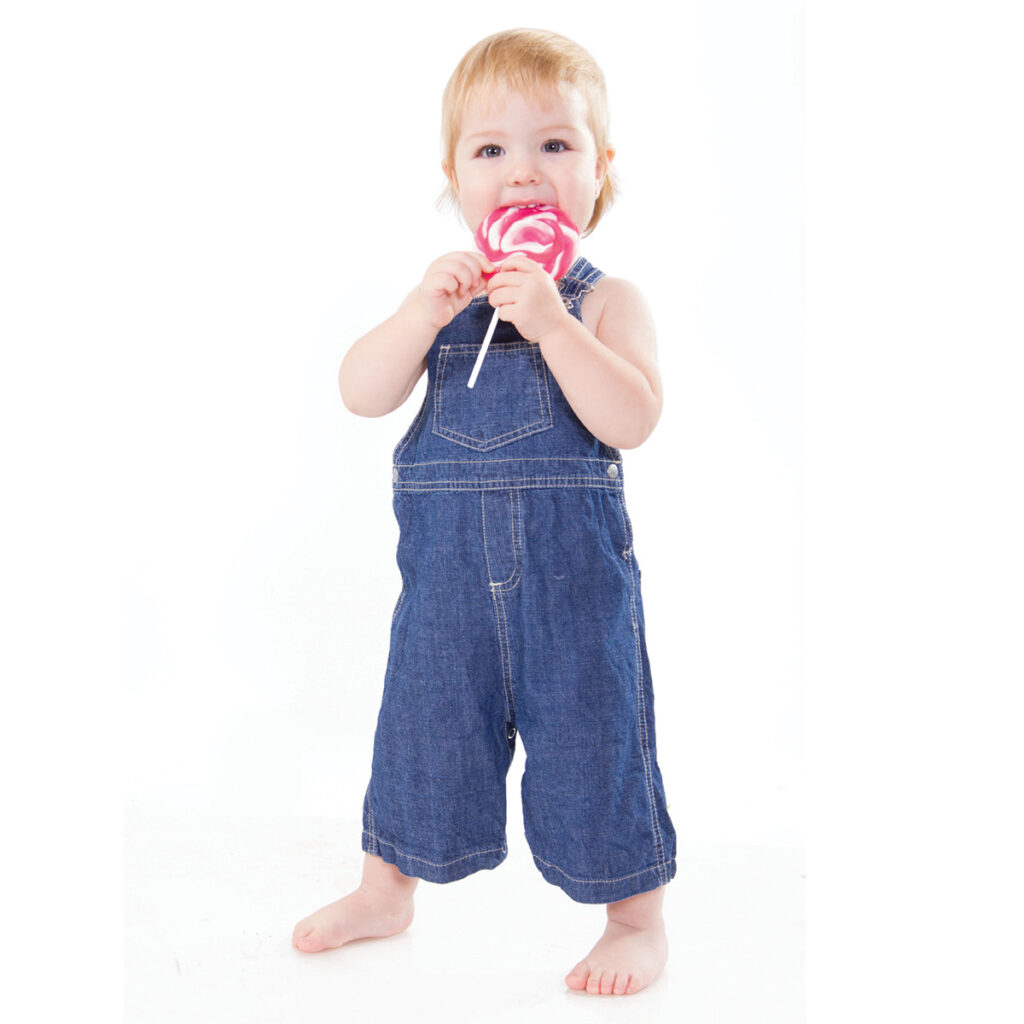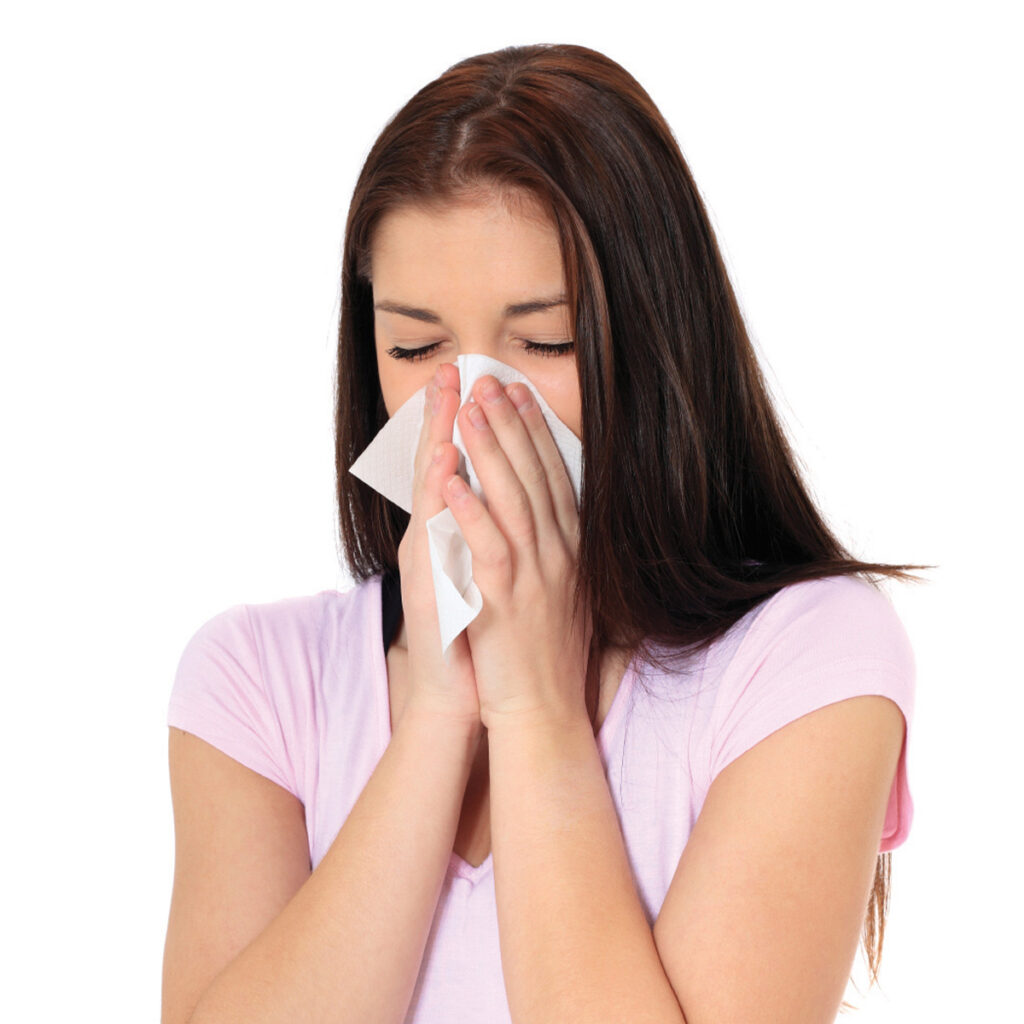60 Seconds to Better Health
Full PDF here.
Anti-Choking Cheat Sheet
Babies under 12 months:
Avoid round, firm, and/or sticky foods, including: whole nuts and seeds, whole grapes and dried fruit pieces (including raisins), hard or sticky candy, gum, hot dogs, chunks of fruit, meat or cheese, raw fruit and vegetables, honey, peanut butter chunks, and popcorn. Once children are ready for finger foods, make sure the foods are soft or easily gummed.
Kids 1 to 4 years old:
Most of the foods mentioned above are okay at this stage as long as they are properly prepared. Cut fruit and cooked vegetables into small pieces (no wider than a dime), quarter round fruits, halve peanuts, and chop other nuts. Julienne hot dogs and raw vegetables, and spread peanut butter very thinly on crackers or bread. Continue to avoid popcorn, gum, and hard candy.
Source: PARENTING.COM

Take Your Workout Outdoors
While it may be tempting to stay in the gym in colder months, heading outdoors can be great for your workout routine. It’s easy to watch the minutes tick by when you’re on a treadmill; a change of scenery can help time go by more quickly. Plus, if you’ve been using the same exercise equipment for a while, your body knows what to expect. You may actually burn more calories outside when you factor in a varied landscape, wind, and changing temperatures. On top of being great for you physically, heading outside can be great for your mind. According to a report in Environmental Science and Technology, 71% of people feel less stressed after a 30 minute walk outside.
Source: WOMENSHEALTHMAG.COM
How to Fight a Winter Cold
While many believe that a seasonal cold is inevitable, there are ways to reduce your chance of catching one. The American Lung Association (ALA) offers a few tricks to avoid the common cold:
- Wash your hands often, especially in public places or around someone with a cold.
- Don’t touch your eyes or your nose to prevent spreading germs.
- Don’t share drinks or utensils with someone who has a cold.
- Keep sinuses from drying out by watching the humidity in your home. Moist nasal membranes help move bacteria and viruses out.
Source: AMERICAN LUNG ASSOCIATION

Kids and Dogs: 5 Safety Tips
Even good-natured dogs can be provoked by certain actions. Here are some behaviors to teach your kids to practice around pups—particularly ones they don’t know.
- Be calm. Never jump or scream around dogs, and never yank tails, pull fur, or poke eyes. Provide a calm environment so the dog will feel at ease.
- No hugs. Dogs love having their bellies rubbed or their backs stroked. They don’t love being grabbed. Also, avoid patting the top of a dog’s head – they can see this as a threatening gesture.
- Never sneak up. This can scare dogs and provoke a snarl, so always approach them from the side.
- Let sleeping (or eating) dogs lie. Many dogs will snap if bothered while eating or sleeping. Let them have their space during their “personal” time.
- Always ask before petting. Dogs have different temperaments, so you should always ask an owner before petting a dog. If the owner gives permission, make a fist (palm down in case the dog nips) and let the dog come to you.
Source: PARENTING.COM





